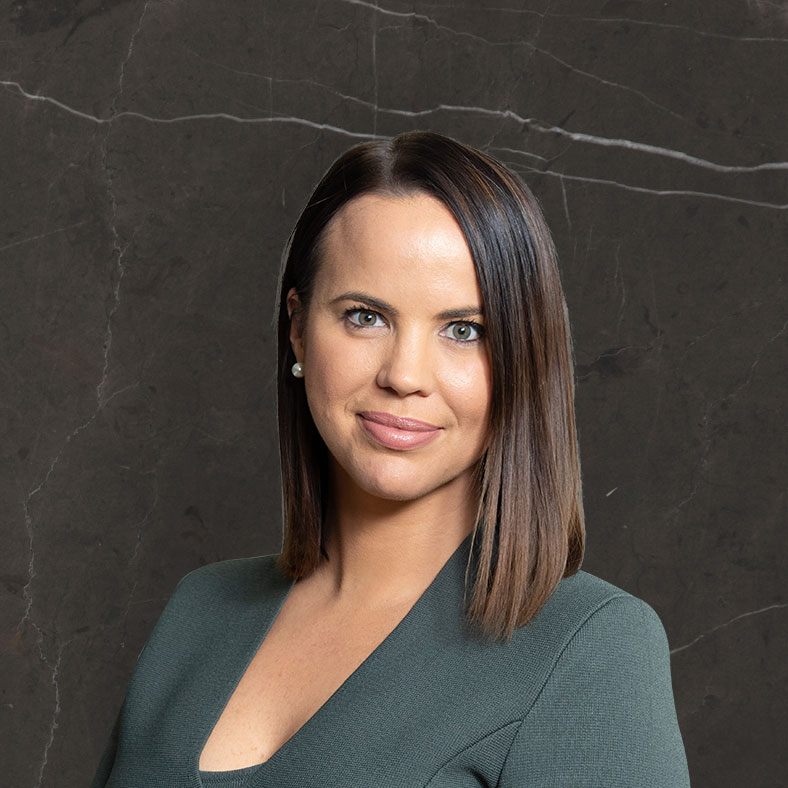<img alt="" data-id="42839" width="215" height="62" title="MCW Legal SBS
None of us like accidents, whether we're involved in them, or we know someone who has been involved in them.
And this is no more particularly so when the accident has caused a traumatic brain injury.
These people who suffer from these kinds of injuries often have no legal capacity. They don't have the capacity to make decisions.
And what happens then, they will need to have a litigation guardian appointed to make those decisions.
Suddenly, they're left with this decision "What do I do now? I have to make some choices around how this compensation is to be paid out over time."
And that is generally done through trusts.
Joining the discussion on disability trusts are Brian Pashen and Jane Bowes.
We know the situation. Let's just say son's been injured in a tragic accident, suffered a brain injury, needs guardianship, and settlement's due for the compensation payout of $3 million,
What's the first step that you would do?
Brian Pashen | Accountant
We need to determine who the guardian is going to be, and how those funds are going to be administered by that guardian.
Jane Bowes | Lawyer
The first step for us is the settlement funds being sanctioned by the courts.
And who's involved in that?
Jane Bowes | Lawyer
Who’s involved is the litigation guardian (who is my client), the insurer on the other side, and the courts who will sanction the settlement.
What're the facts that need to be considered when setting up the trust?
Brian Pashen | Accountant
If you've decided on a private trust, you would need to look at who the trustees are going to be, the investment of the funds, and the requirements for the investment of the funds. Obviously, the beneficiary will be the disabled person.
In addition, you need to look at what will happen to the remainder of the funds on the death of the disabled person.
Jane Bowes | Lawyer
From a legal perspective, the facts are a claim has just settled and, often with our brain injured clients, the quantum is quite high. We now need to look at getting that claim sanctioned by the court, and then a trust must be set up to take control of those funds.
What's the ultimate objective of the client?
Now that we've got the pieces of the jigsaw puzzle out on the table, the next thing we say is, "Okay, what is the client looking for? What's the objective of the client in this situation?" And in this case, let's say the client is the litigation guardian, who has the injured party’s best interests at heart.
Brian Pashen | Accountant
The ultimate objective is to provide for the disabled person in the long term, in the most effective and efficient way.
Jane Bowes | Lawyer
What the litigation guardian is looking for from the lawyers, is a quick resolution through the courts of the sanctioning of the funds.
What're the obstacles standing in their way of achieving the objective?
What are the obstacles? What do we have to consider now to move forward? Brian what would be some of the considerations that you would need to make now?
Brian Pashen | Accountant
Well, you need to determine who the trustees are going to be, and whether they're appropriate persons to have as trustees. You need to determine the amount of the funds, what annually the requirements for expenses are for the disabled person, and how those funds will be invested to earn the income that is required.
Jane Bowes | Lawyer
The main obstacle from a legal perspective is working out, or making submissions before the court, as to whether or not the funds should be handled by the public or private trustee.
What checklist could you provide to a client who needs to make submissions before the court?
So if you need to have your lawyer make submissions to the court about the appointment of a trustee, Jane what's the checklist that you've got?
Jane Bowes | Lawyer
We do have a checklist in place, to ensure that this process is seamless. Depending on the settlement amounts, and the client's specific instructions, we will look at making submissions before the court, whether it will be handled by the public trustee, or more appropriately by a private trustee.
You will find that in our cases where the settlement amount is quite significant, most of the time, depending on the client's instructions, the submissions before the court would be that they are appropriately handled by the private trustee.
And from an accounting perspective, what controls would need to be put in place?
We're talking about lawyers making submissions - in a hypothetical situation, you're working with Jane on a particular case, and you decide that you need to have a lot of control over the way that money's spent. What controls would you suggest be put in place?
Brian Pashen | Accountant
The controls are mainly around the investment, and also in establishing. In deciding which one to establish, you need to look at the cost involved in the public trustee, or a private trustee, and which one is more appropriate in the circumstances.
Jane Bowes | Lawyer
Brian actually raises a good point there, and it's often an argument we'll receive from the insurer, is that the private trustee is too expensive. Often the terms of our settlement will be that the insurer is responsible for the cost of the trustee. So the insurer will argue that they would like the funds to go into the public trustee, which is more cost efficient.
Often it's not really within our client's best interest, so we would put before submissions to the court that while it can be expensive with the private trustee, that that is the best solution for the client.
To conclude...
Today we've talked about litigation guardians, looking after money for injured people, particularly those with a brain injury, and we've produced a checklist that can take you through that process, where you'll need no involvement from them at all, to come up with a more informed decision about what you want.
FAQ's
Get Social
We'd love if you joined our Facebook Community. We post things that we are passionate about or that interest road trauma victims or issues in the systems that are supposed to support their recovery, as well as more unrestricted content like this.
Related Posts
Disclaimer
The material on this page is provided for general information and educative purposes in summary form on legal topics which is current when it is first published. The information contained on this web site is general in nature and does not take into account your personal situation. The content does not constitute legal advice or recommendations and should not be relied upon as such.
Appropriate legal advice should be obtained in actual situations.

Breaking down the smokescreen of uncertainty through a unique step-by-step approach.
MCW Legal© 2020 Privacy & Disclaimer



